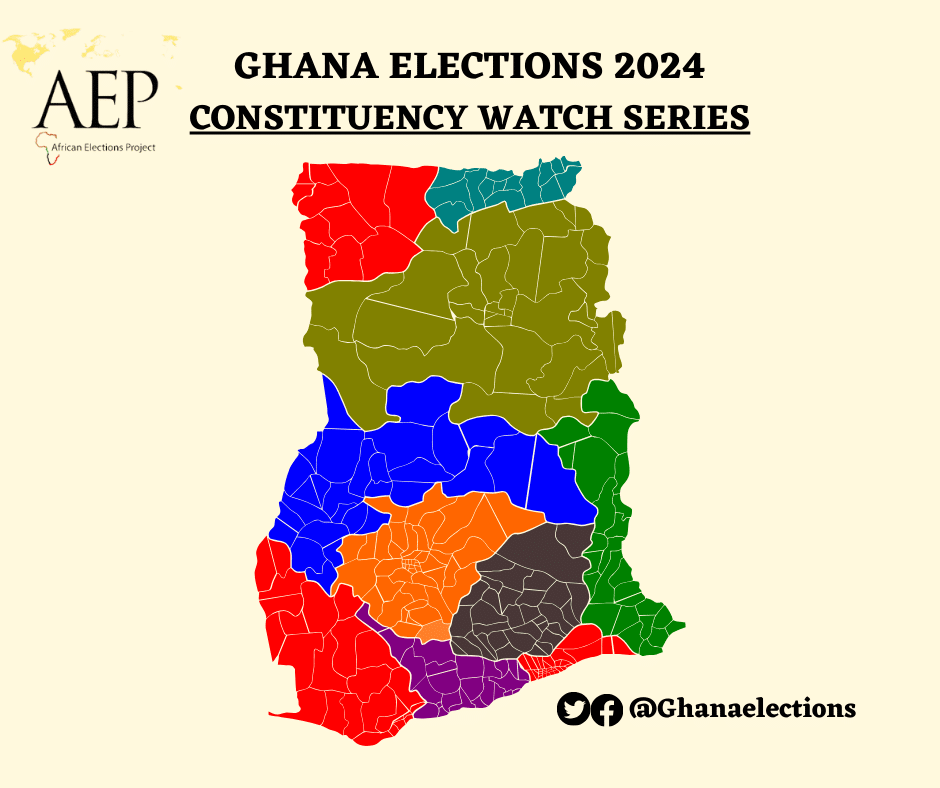Media coverage of elections have come a long way since the transition elections of 1992. However, despite improvements, challenges still persist. Some commentators note that election coverage often fails to properly interrogate electoral issues, campaign promises and manifestos in a manner that demands accountability or enables the voters to make well-informed choices at the polls. Also the ownership or control of media organizations by politicians manifests in the biased editorial slant in favor of certain political parties, reflecting their allegiance to certain interest; be they private or state media houses. Also, the inability by newsroom staff to speak truth to power tends to undermine the quality of reportage in Ghana.
However, the media coverage of Ghana’s December 2016 elections was characterized by some noteworthy innovations that won the media plaudits from the public. Some newsrooms, for example, set up a fact-checking service where key election issues and claims were cross-checked and thus ascertained to be true, partly true, or false. Also, some media houses took advantage of data journalism opportunities to tell compelling election stories using data-driven story-telling techniques, especially in the area of visualization. Indeed, many of the leading newsrooms relied heavily on new digital technologies, especially social media, not only to tell and source news stories but also to satisfy Ghanaians’ insatiable appetite for real time news.
On Election Day, the media played a crucial role in keeping citizens abreast of what was going on during and after voting had closed. The battleground for most newsrooms was in regards to who was able to compile reliable provisional results of the elections ahead of the official announcement of the final results by the Electoral Commission of Ghana. This service by the media was particularly useful since the Electoral Commission, due to a myriad of reasons, was considerably slow in releasing confirmed results.
Accra-based Joy-FM led the pack of media houses and distinguished itself when in the early hours of Friday, December 9, two days after the elections, and some 18 hours ahead of the EC, it projected Nana Akufo-Addo likely to win with about 53.35% of valid votes cast. Official results showed Akufo-Addo won by 53.85% of the votes. Joy-FM also impressed listeners when it challenged the EC commissioner’s claim of unusually low voter turnout of 49%. The station pointed out that that by its own calculations voter turnout was almost 20 percentage points higher at 68%, the figure eventually confirmed by the EC.
Still, the media in Ghana must continue to improve their performance in order to stay ahead of the curve. Looking into the future, elections in 2020 will prove even more challenging given the growing sophistication of Ghanaian news consumers. Other factors to watch include the growth in new digital technologies and declining advertising revenue, which are eroding the influence of traditional news media.
Social Media Monitoring Supports Peaceful Elections 2016
Aggie Screenshot
New digital technologies, especially mobile phones and social media are playing a key role in enabling greater citizens’ participation in democratic processes as a whole and the electoral process specifically.
Looking back at Ghana’s 2012 elections, the social media evolution was at its infancy and had a low impact on the elections. Fast-forward to 2016, social media fueled by growth in Internet penetration and low-cost access devices, played a highly influential role in the elections. There are more than 37 million (37,239,720) voice and close to 20 million (19,331,239) mobile data subscribers (National Communication Authority, September 2016,) with over 4 million active social media users in Ghana today. The sheer volume and popularity of social media amongst the Ghanaian electorate was part of the reason John Kudalor, the Inspector General of Police (IGP) contemplated banning social media on election day. Mr. Kudalor was quoted in the media as arguing that placing a ban on social media was the only way the police could counter the activities of potential “troublemakers” who might deploy various social media tools and platforms to disrupt the electoral process. The IGP was forced to back down and drop the idea of banning social media as a result of public and media protests. Instead Ghana’s security services sought the help of ICT experts to better monitor social media.
Penplusbytes, a not-for-profit organization promoting citizen participation in governance through the use of ICT, working with its partners Georgia Institute of Technology (George Tech) and the United Nations University Institute on Computing and Society (UNU-CS) rolled out a Social Media Tracking Centre (SMTC) for Ghana’s 2016 Elections, spanning over a 72-hour pre-elections period. The software at the heart of SMTC is Aggie (pictured above) which monitors real-time reports over cross media platforms (in this case Facebook, twitter and WhatsApp), using key words such as Election Irregularity, Misconduct, Fraud, Political Thugs, Polling Logistics, Results and Violence. Once the SMTC picked up a relevant trend, a team of 42 trained SMTC officials verified the report and directed it to Ghana’s Electoral Commission and National Elections Security Task Force for action.
Over its deployment period, SMTC generated 297,660 election-relevant reports, out of which 183 unique incidents were verified and then transferred to the appropriate election-relevant stakeholders. Most of these verified true incidents were related to polling logistics such as missing ballot papers, delayed voting and failures in biometric verification devices. Also, the SMTC picked up 18 incidents of violence, misconduct, and fraud that were verified as false. The fact checking capability of SMTC thus went a long way to dispel a lot of misinformation during the elections.
In conclusion, relying on the ability to listen in on conversations on social media through SMTC, working directly with the National Elections Security Task Force and the Coalition of Domestic Observers (CODEO), went a long way to close the feedback loop between Ghanaian voters and relevant electoral authorities. It also helped prevent the spread of misleading information, a key requirement for peaceful, credible, free and fair elections.
By Kwami Ahiabenu II






